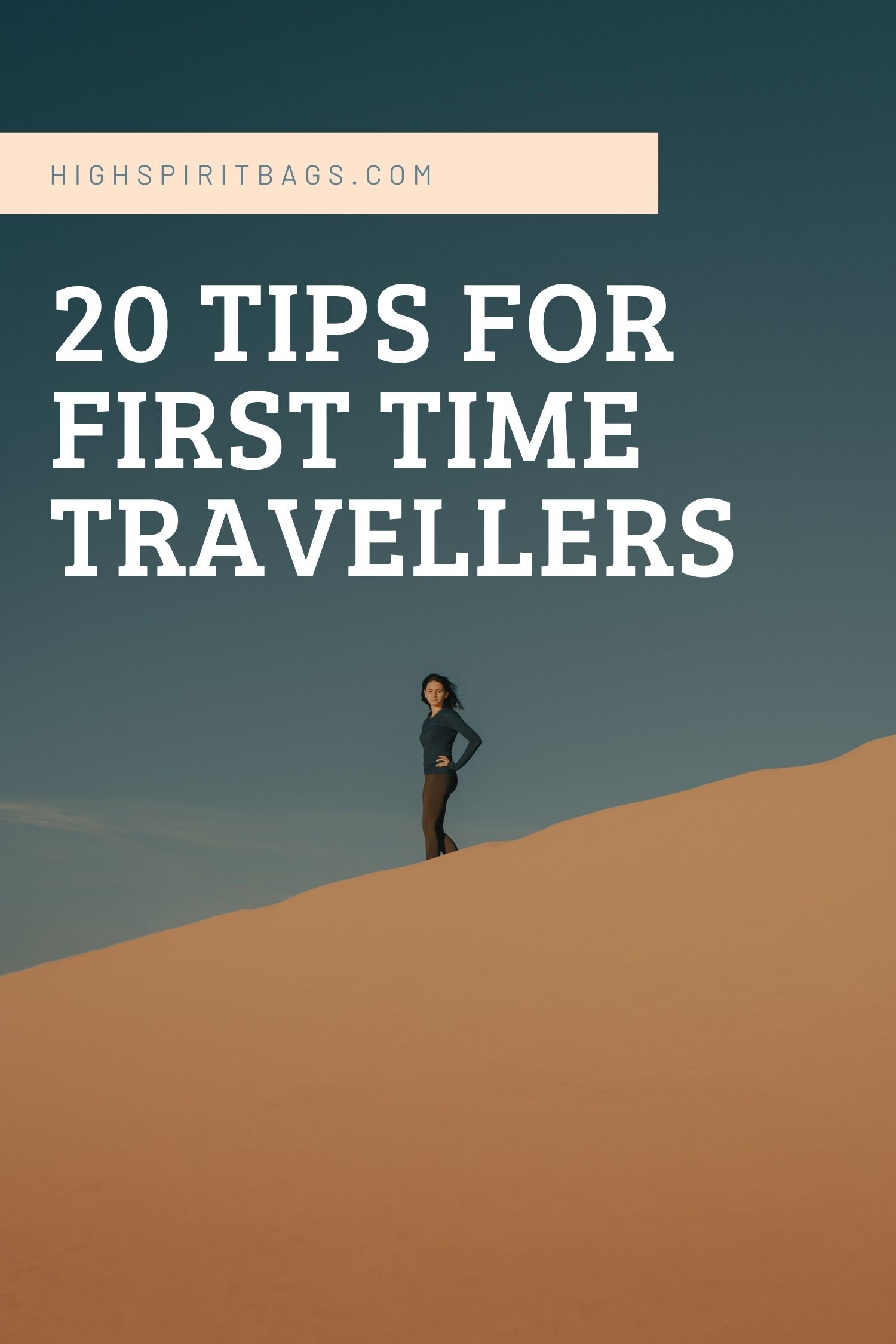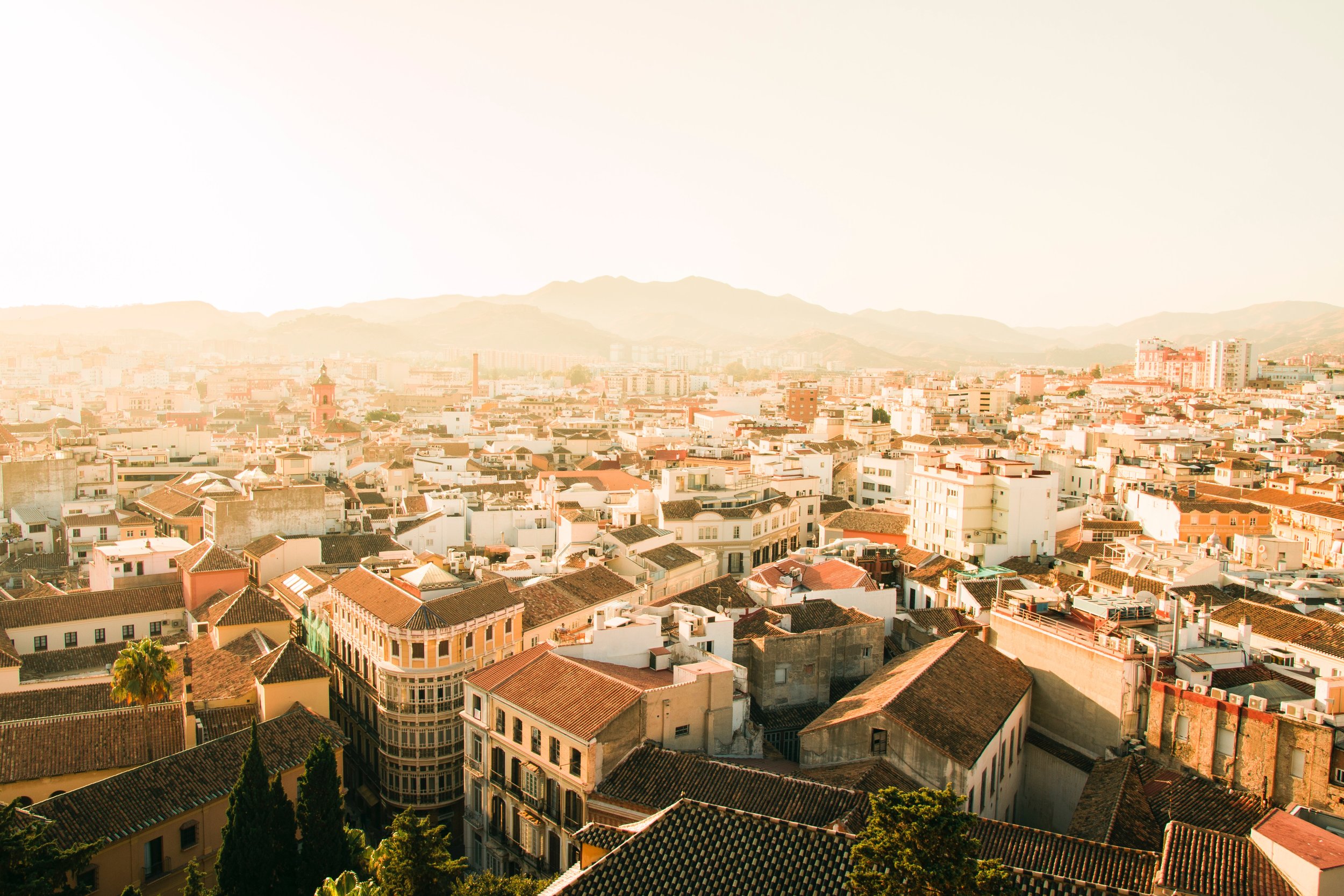20 Tips for First Time Travellers
Josh okungbaiye
Travelling, although exciting, may come across stressful for those first timers. Here are a few tips to make your travels less stressful.
1. Respect the locals
When travelling to different countries, you may experience a cultural shock due to the major shift in cultural tendencies. This includes food, music, customs, religions and of course, language. My advice is, always be open to learning the countries ways of living, especially as you are the visitor.
2. Try the local cuisine
As humans, we often result to sticking to what is within our comfort zone; especially when it comes to food. Although this may be suitable when in your home country, when travelling, I encourage you to try as many local dishes as possible. After all, you are travelling to experience a change in culture.
3. Be flexible
When travelling you will more often than not face unplanned events such as transport delays, lack of money, or getting lost. These circumstances are perfectly normal and if anything would be extremely rare not to experience. Remember to remain clam and flexible. You 100% are not the only one that has faced this situation before!
4. Don't be afraid to mingle with other travellers
Although your mother always told you not to speak to strangers, there are a few occasions where talking to strangers may in fact benefit you. One of these instances is when travelling; especially if you are travelling solo as knowing that people are in the same boat as you makes the whole journey a little less lonely and a little more enjoyable.
5. Attempt to bargain
It is no surprise that travelling can be costly. One tip I find especially useful when trying to save money, is to attempt to bargain. When renting a car, purchasing from street markets or even staying at a hostel, many times they bump up the price just incase you are willing to pay for it. If you think you can get it for cheaper, by all means, attempt to bargain a lower price.
6. Don’t rely on technology
Although we live in a digital world whereby our lives revolves around technology; if ever your phone, laptop or GPS were to fail you, you would be lost on what to do next. In order to avoid further confusion if this were to happen, my advise is to learn and remember addresses such as your accommodation as well as closest public transport. Furthermore, carrying a physical map is always a good idea in order to save your phone battery in case of emergencies.
7. Keep your valuables on you 24/7
It may seem like a burden to carry things you wont be using everyday such as a copy of your passport, but rather than leaving it at your accommodation, keep it close to you along with your other valuables such as your phone, wallet, keys and any other necessities you may need. This also serves as a form of ID if ever it is requested.
8. Travel for longer in fewer places
One mistake many first time travellers make attempting to fit as any destinations as possible in a limited amount of time. Although this may seem like a good idea when first planning the trip, when it comes to actually travelling you will find it’s more convenient to stay for a longer period of time in fewer places in order to fully feel as though you are explored that destination.
9. Have travel insurance
Although travel insurance isn’t always opted by many travellers due to wanting to remain within their budget; it is always better to be safe than sorry, especially when in a foreign country.
10. Be prepared for reverse culture shock
Finally, the same way you can experience a culture shock when first arriving at a new country, you may also experience a reverse culture shock once your travels are over and you return home. This is due to the extreme shift in activities, climate etc. Do not fret, there is always time to do some travelling.
11. Always carry local cash
When travelling to foreign countries, especially quaint towns within those countries, it is very rare for every place to take credit cards. Therefore, it is important to carry cash on you in order to avoid hassle; especially at important places like trains or buses.
12. Carry double ID
Many times some places do not take your foreign form of ID as valuable proof when purchasing alcohol or getting into +18 events. Therefore, it is always best to carry 2 forms of ID in order to avoid disappointment.
13. Purchase tickets for places you know you want to visit prior to arrival
By purchasing your tickets in advance, you’ll be able to skip long queues, especially for really touristic attractions; as well as find more deals, saving you some money.
14. Take guidebooks
Guidebooks usually include maps, key phrases as well as give you enough detail on certain sites which you otherwise wouldn’t have known. Guidebooks will overall give you a little more knowledge on your travel destination to make sure you get the full experience.
15. Research events going on while you’re there
Having knowledge on any events occurring at your destination will ensure that you don't miss out on fun events such as festivals, ceremonies and natural events. by attending these events, you will feel like a local in their home town as you fully experience their culture.
16. Bring a charger adapter
As countries have different plug sizes and voltage, in order to use your electronic devices you will need to ensure you bring a suitable adaptor to charge them.
17. Activate Free Roaming
Back in the day, phone companies would charge for roaming usage. Nowadays, roaming is completely free for the majority of phone companies. Make sure to activate it before travelling to get use out of your data, even while you’re away.
18. Bring snacks
When travelling long distance, make sure to bring small snacks with you in order to avoid paying for overpriced snacks on your chosen form of transport and stations.
19. Check-in with your doctor
Before leaving, make sure that you have all of the proper vaccinations in order to avoid any unwanted illnesses. Also ensure that you have renewed all essential prescriptions as you may not be able to find them if you run out.
20. Go with the flow
Although planning ahead seems like the appropriate option, allow yourself to get lost in the side streets on the way to your chosen attractions as you might encounter something completely unknown and unexpected that might surprisingly become the most interesting part of your trip.
Nicole Fernandez Medina





